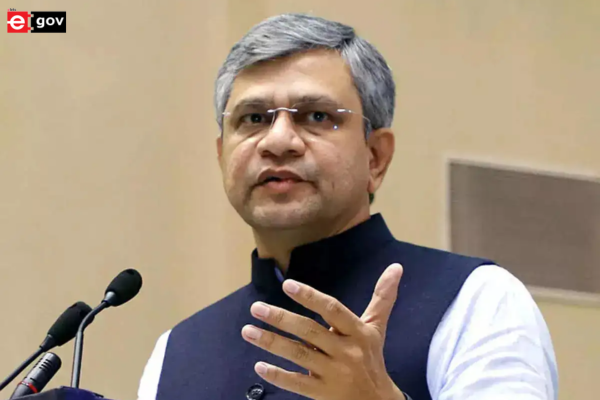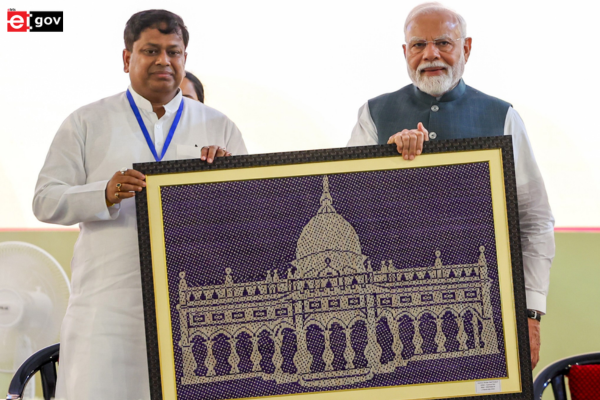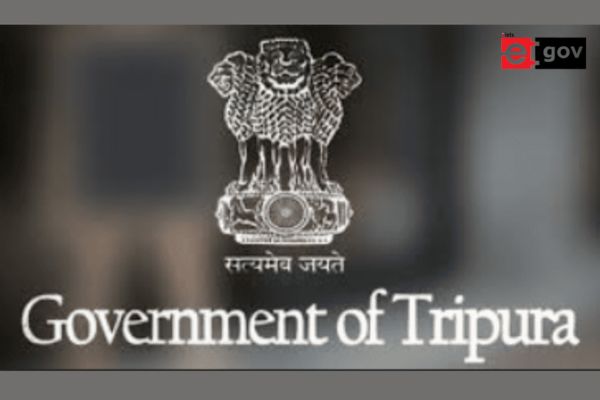
India’s energy storage sector is projected to expand over 12 times, reaching 60 GW by FY32, fueled by a substantial rise in variable renewable energy (VRE) and the need to maintain grid stability, according to a report by SBI Capital Markets Limited (SBICAPS). With VRE expected to triple by 2032, the power grid will require advanced storage systems to prevent instability and ensure a continuous energy supply.
The report emphasizes that Battery Energy Storage Systems (BESS) and Pumped Storage Projects (PSP) will be pivotal to this growth. BESS capacity is anticipated to increase 375-fold to 42 GW by FY32, while PSP is set to quadruple to 19 GW in the same period. BESS is likely to dominate due to its quick response and flexibility, whereas PSP will primarily assist in peak load management.

The report states that India’s move toward a VRE-heavy energy grid, driven by environmental priorities, comes with challenges. Storage systems will be essential to address the “diurnal duck curve,” a term describing the mismatch between renewable energy generation and power demand. BESS can store surplus renewable energy produced during peak times and release it during off-peak hours, helping to reduce dependence on fossil fuels and stabilize the grid.

Investment in the storage sector is projected to reach ₹3.5 trillion by FY32, propelled by government measures to promote local battery cell production and develop a self-sufficient component supply chain. This includes a Production Linked Incentive (PLI) scheme for advanced cell manufacturing, which is expected to add 55 GWh of battery capacity.

Despite BESS’s advantages in discharge and response time, it depends heavily on imported components, with around 80% of costs linked to batteries and related parts. Government initiatives, like waiving interstate transmission charges and setting energy storage obligations (ESO), are expected to drive demand and lower costs.

Also Read: C-DOT and IIT Roorkee Join Forces to Enhance 5G Access in Rural India
PSP, while having longer development timelines and potential delays, is being promoted through government partnerships with private and public entities. States such as Andhra Pradesh and Maharashtra, with high VRE potential, are likely to be key in PSP development.
The report concludes that India’s focus on grid stability through energy storage will require a coordinated effort in policy, investment, and technology. With BESS and PSP leading the way, the energy storage sector is set to become integral to India’s renewable energy strategy, offering an investment opportunity of around ₹5 trillion by 2032.
Be a part of history! Express your interest and get featured in our exclusive souvenir, launching at the Bengaluru Tech Summit.
Be a part of Elets Collaborative Initiatives. Join Us for Upcoming Events and explore business opportunities. Like us on Facebook , connect with us on LinkedIn and follow us on Twitter, Instagram.
"Exciting news! Elets technomedia is now on WhatsApp Channels Subscribe today by clicking the link and stay updated with the latest insights!" Click here!












